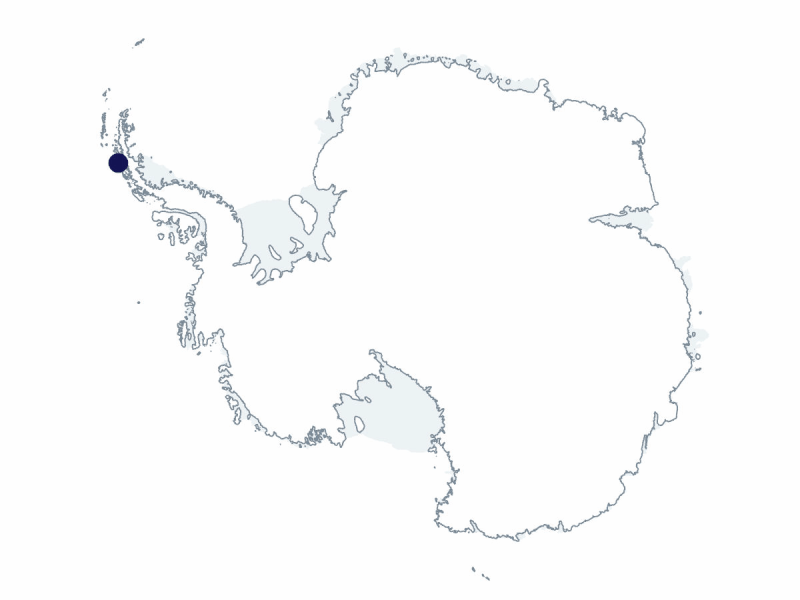2024-2025 USAP Field Season
Project Detail Project TitlePAL-LTER: Ecological response to "Press-Pulse" disturbances along a rapidly changing West Antarctic Peninsula Summary
Event Number:
Program Director:
ASC POC/Implementer: Principal Investigator(s)
Dr. Megan A Cimino
Project Web Site: Location
Supporting Stations: Palmer Station DescriptionSeasonal sea ice-influenced marine ecosystems at both poles are characterized by high productivity concentrated in space and time by local, regional, and remote physical forcing. These polar ecosystems are among the most rapidly changing on Earth. The Palmer Long Time Ecological Research (PAL-LTER) seeks to build on three decades of long-term research along the western side of the Antarctic Peninsula to gain new mechanistic and predictive understanding of ecosystem changes in response to disturbances spanning long-term, subdecadal, and higher-frequency “pulses” driven by a range of processes, including long-term climate warming, natural climate variability and storms. These disturbances alter food-web composition and ecological interactions across temporal and spatial scales that are not well understood. Researchers will contribute fundamental understanding of how population dynamics and biogeochemical processes are responding within a polar marine ecosystem undergoing profound change. Field Season OverviewThe primary role of this component is broadly defined within the context of long-term research that seeks to identify and understand the factors that regulate the demography of Adélie penguins. Research is focused on breeding chronology, breeding biology, foraging ecology and population dynamics. The core data associated with these studies are derived primarily from local populations near Palmer Station. This approach capitalizes on databases that span more than three decades, allowing the Palmer seabird component to address a broad suite of ecological issues. These include interactions between climate migration and community structure, the effects of landscape geomorphology on biological populations, the mechanics of source-sink population dynamics, and establishing basic conceptual and empirical links between marine and terrestrial ecology. Participants will deploy from roughly late October until mid-April. Three to four team members will live at Palmer Station while conducting their field research. The team will use small boats to access local islands in the Palmer Station vicinity and will make frequent day trips to seabird colonies in the local, distant and extended boating areas including Dream Island, Biscoe Point, the Joubin Islands, the Wauwermans Islands, and the Rosenthal Islands. Deploying Team Members
|
2024-2025 Science Planning Summary



For USAP Participants |
For The Public |
For Researchers and EducatorsContact UsU.S. National Science FoundationOffice of Polar Programs Geosciences Directorate 2415 Eisenhower Avenue, Suite W7100 Alexandria, VA 22314 Sign up for the NSF Office of Polar Programs newsletter and events. Feedback Form |



